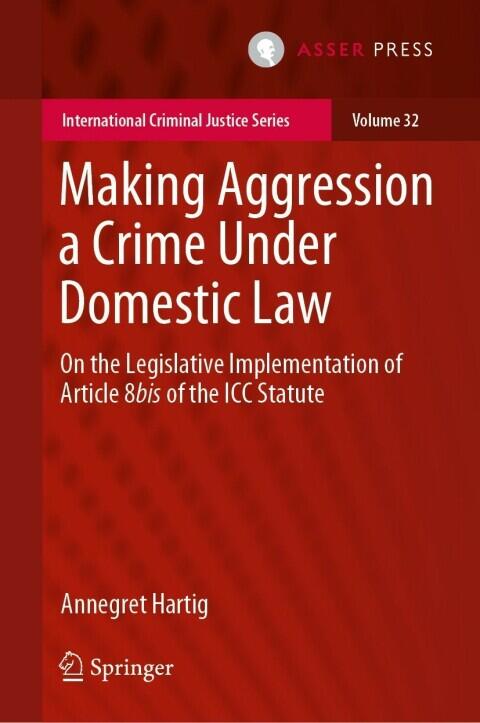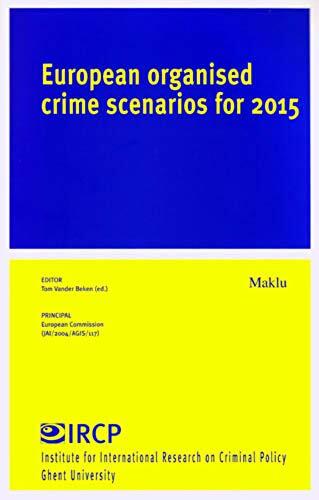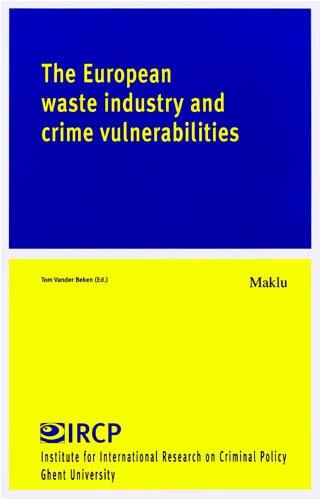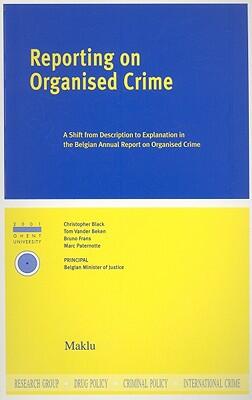
Making Aggression a Crime Under Domestic Law: On the Legislative Implementation of Article 8bis of the ICC Statute
par
Annegret Hartig
Pas encore d'évaluations
Mystery
Format
Kindle
Pages
990
Langue
Anglais
Publié
Jan 1, 2023
Éditeur
T.M.C. Asser Press
Édition
2
ISBN-10
946265591X
ISBN-13
9789462655911
Description
Annegret Hartig delves into the complex realm of international law in her exploration of how aggression can be criminalized under domestic statutes. Examining Article 8bis of the International Criminal Court's Statute, she meticulously outlines the legislative challenges and implications of implementing this provision. Hartig’s work is not merely theoretical; it scrutinizes the practical hurdles nations face when integrating international standards into their legal frameworks.
Through a rigorous analysis of current legislation, Hartig identifies gaps and inconsistencies that may hinder effective prosecution of aggressive acts. Her examination extends beyond mere legal text; she incorporates a dialogue on ethical considerations, state sovereignty, and the role of national courts in the broader context of international justice. The book serves as a clarion call for lawmakers, urging them to take a more proactive stance in combating aggression on a global scale.
The narrative is structured to foster a deeper understanding of the intricate interplay between domestic and international law. Hartig skillfully articulates the importance of harmonizing local legislation with international obligations, providing a roadmap for jurisdictions eager to enhance their legal repertoires.
Ultimately, this work stands as a critical resource for legal scholars, practitioners, and policymakers. It invites reflection on pressing questions of justice and accountability while empowering readers to envision a future where aggression is unequivocally recognized and prosecuted as a crime.
Through a rigorous analysis of current legislation, Hartig identifies gaps and inconsistencies that may hinder effective prosecution of aggressive acts. Her examination extends beyond mere legal text; she incorporates a dialogue on ethical considerations, state sovereignty, and the role of national courts in the broader context of international justice. The book serves as a clarion call for lawmakers, urging them to take a more proactive stance in combating aggression on a global scale.
The narrative is structured to foster a deeper understanding of the intricate interplay between domestic and international law. Hartig skillfully articulates the importance of harmonizing local legislation with international obligations, providing a roadmap for jurisdictions eager to enhance their legal repertoires.
Ultimately, this work stands as a critical resource for legal scholars, practitioners, and policymakers. It invites reflection on pressing questions of justice and accountability while empowering readers to envision a future where aggression is unequivocally recognized and prosecuted as a crime.
Avis
Aucun avis pour le moment
Soyez le premier à donner votre avis sur ce livre et partagez vos pensées
Ajouter le premier avisJournal de lecture
Aucun journal de lecture trouvé
Commencez à suivre vos progrès de lecture pour voir les journaux ici
Ajoutez votre premier journal de lectureNotes
Journal des transactions
Aucun journal de transactions trouvé
Commencez à suivre vos transactions de livres pour voir les journaux ici
Ajoutez votre premier journal de transactions



